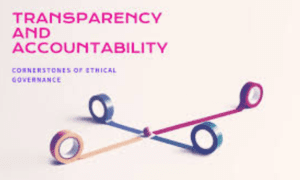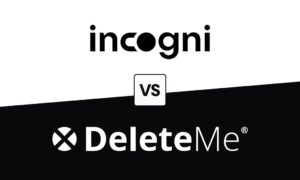Healthcare compliance has always been a cornerstone of trust between patients, providers, and regulators. Yet, as the healthcare industry grows more complex—spanning pharmaceuticals, data privacy, medical devices, and biotech—the risks of compliance failures have multiplied. When companies fall short, the repercussions extend far beyond financial penalties. Increasingly, class action lawsuits are playing a pivotal role in redefining the boundaries of accountability and reshaping the future of healthcare compliance.
Accountability Through Legal Action
Class action lawsuits give patients a collective voice against powerful organizations. When healthcare companies conceal risks, mishandle sensitive data, or misrepresent products, individuals often lack the resources to take on these corporations alone. Class actions level the playing field by consolidating claims and pushing for systemic change.
As Sarah N. Westcot, Managing Partner at Bursor & Fisher, P.A., explains, “Drug and healthcare companies have a duty to put transparency and safety first. When they fail in that duty, class actions become the mechanism through which consumers can demand accountability and force long-overdue reforms.”
This growing reliance on litigation is not only about damages, it is about protecting public trust in healthcare institutions.
The Intersection of Compliance and Corporate Culture
Compliance is more than just adhering to regulations—it reflects the culture of a healthcare organization. Firms that prioritize ethics, patient safety, and transparency reduce their legal exposure and build resilience against class action risks. Those who cut corners, however, face severe consequences.
Dr. Nick Oberheiden, Founder at Oberheiden P.C., emphasizes this point, “Every compliance failure carries not only regulatory risks but also reputational damage. Once a class action lawsuit is filed, the spotlight on a company’s practices intensifies. Healthcare organizations must see compliance not as a burden, but as a strategic investment in long-term survival.”
His observation underscores why proactive compliance strategies are becoming a competitive advantage rather than a box-ticking exercise.
Technology, Data Privacy, and Legal Risk
With digitization, healthcare providers and insurers now handle unprecedented volumes of sensitive patient data. Data breaches and HIPAA violations are among the fastest-growing causes of class action lawsuits. Beyond fines, these cases often lead to long-term reputational harm and stricter oversight.
Timothy Allen, Director at Corporate Investigation Consulting, highlights this reality: “The healthcare industry has become a prime target for class actions tied to data privacy breaches. Regulators and courts are sending a clear message: compliance failures in safeguarding patient data won’t be tolerated, and the financial fallout can be devastating.”
The pressure is forcing healthcare firms to invest in stronger cybersecurity, compliance audits, and real-time monitoring systems to protect both patients and themselves.
Shifting Consumer Behavior Toward Transparency
Class action lawsuits don’t only impact corporations—they reshape consumer expectations. Patients are increasingly skeptical of opaque healthcare practices and are turning toward brands that emphasize honesty and accountability. Even in adjacent industries like supplements and wellness, this shift is clear.
Gerrid Smith, Chief Marketing Officer at Joy Organics, observes, “Today’s consumers expect transparency and integrity from every health-related brand they engage with. When lawsuits expose failures, it pushes the entire industry to adapt. Companies that lead with compliance and openness gain trust while others risk losing it permanently.”
This trend suggests that compliance isn’t simply about avoiding litigation—it’s also about building stronger relationships with patients and customers.
Conclusion
Class action lawsuits are no longer isolated legal battles—they are catalysts for change in the healthcare industry. By exposing compliance failures, they push companies to adopt higher safety standards, strengthen data protections, and embrace transparency. For healthcare organizations, the lesson is clear: compliance is no longer optional or reactive—it is an essential strategy for survival in a world where patients, regulators, and courts are demanding accountability like never before.
Read More From Techbullion































